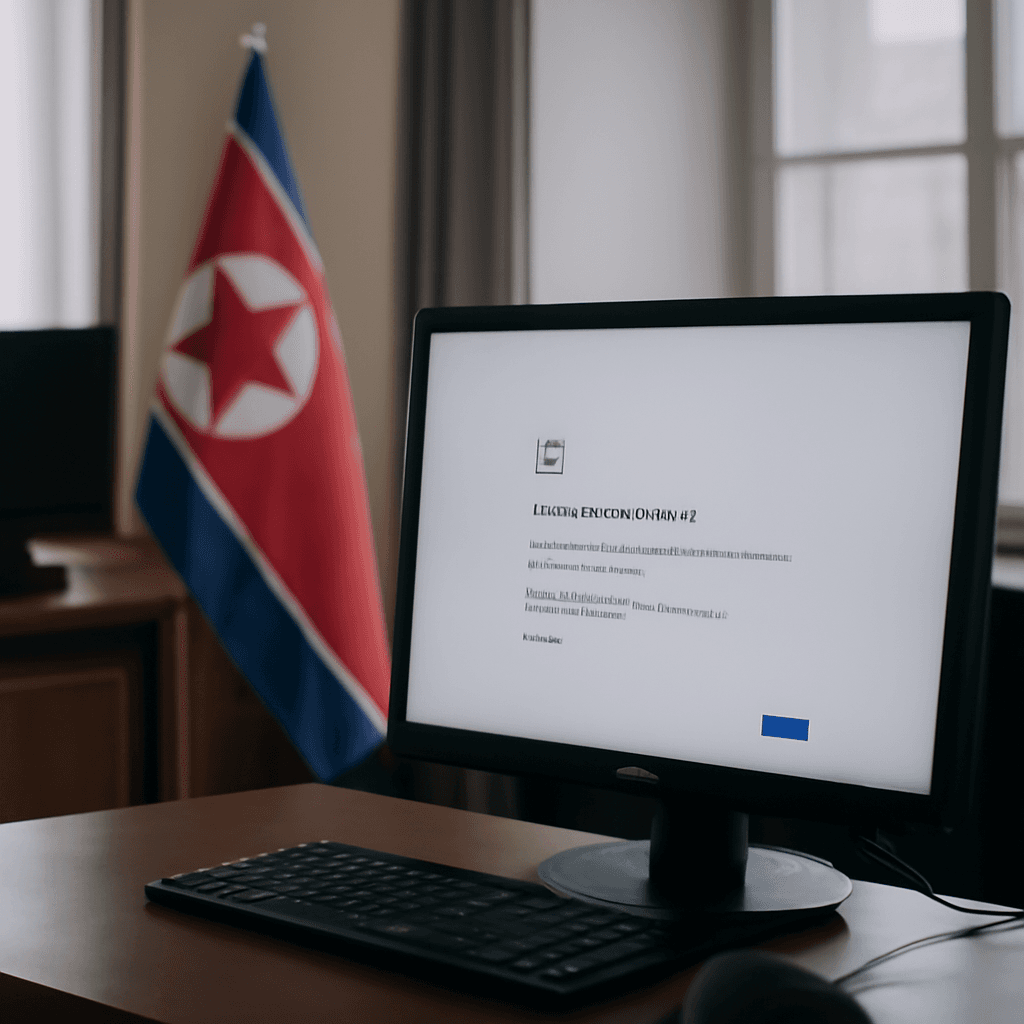Unraveling the Phantom Crash Cyberattack on US Smartphones
Security experts have uncovered a covert cyberattack involving a mysterious software crash affecting smartphones belonging to US government officials, political figures, technology professionals, and journalists. This suspicious activity, emerging in late 2024 and continuing into 2025, signals a highly sophisticated intrusion allowing hackers to breach devices without any user action.
Who Were Targeted and Why?
Investigations reveal that the victims work in sectors of strategic interest to the Chinese government. These individuals had previously been targeted by hackers linked to China, suggesting a persistent, focused surveillance campaign. This campaign underlines an escalating vulnerability in mobile security across critical US cyber defenses, with foreign actors, notably those connected to China’s military and intelligence apparatus, exploiting glaring weaknesses.
The Mobile Security Crisis
"The world is in a mobile security crisis right now," asserted a cybersecurity veteran now leading operations at a prominent security firm. This vulnerability leaves sensitive data and national interests susceptible to compromise, as mobile devices continue to be a prime gateway for espionage.
Scope of the Chinese Cyberespionage Campaign
Earlier warnings in 2024 detailed a broad Chinese espionage operation aimed at intercepting phone calls and reading text messages from Americans, including politicians and journalists. Members of congressional committees focused on intelligence and China’s geopolitical threat have confirmed real-time eavesdropping capabilities presented by the campaign.
The campaign’s targets were not limited to government officials; it also extended to phones used by prominent political candidates during the 2024 election, highlighting the attackers’ intent to influence or gather intelligence on key political figures.
Official Denials and Counterclaims
The Chinese government has repeatedly denied involvement in cyberespionage activities, accusing the US of conducting similar operations against China under the guise of national security. At recent diplomatic briefings, Chinese spokespersons defended their position by labeling US sanctions and trade restrictions on Chinese tech companies as politically motivated.
Strategic Importance of Mobile Networks and Devices
Mobile networks remain a critical battlefield. Many Western nations, including the US, have barred Chinese telecom firms from operating within their infrastructure due to security fears. Nevertheless, Chinese technology still has a foothold globally, including partial control over cloud systems and routing, which experts warn could be exploited for cyberattacks.
US lawmakers have expressed deep concerns about Chinese-owned companies potentially infiltrating vital national infrastructure covertly and have sought detailed disclosures about their operations on American soil.
Vulnerabilities in Everyday Devices
The proliferation of smartphones and connected devices — from fitness trackers to smart home appliances — has far outpaced the implementation of robust security measures. As a result, each device presents a potential entry point for cyber adversaries looking to exploit or disrupt networks.
High-Stakes Targeting of Government Officials’ Phones
Phones used by senior government personnel hold sensitive data — from confidential communications to security credentials and policy deliberations — making them invaluable to hackers. Recently, an impersonation scheme targeted top-level political contacts through messages originating from a compromised personal phone, exposing the vulnerabilities inherent in personal device security.
Efforts to Fortify Connected Device Security
In response, federal initiatives have introduced a “cyber trust mark” for devices meeting stringent security standards. Nonetheless, experts caution consumers and officials alike not to ease vigilance, as even non-traditional targets such as digitally-connected toys have been exploited as backdoors into networks.
The Human Factor and Operational Security
Cybersecurity specialists emphasize that device security is only as strong as user behavior. There have been reported mishaps where classified discussions occurred on unsecured messaging platforms, highlighting operational lapses that adversaries are keen to exploit.
Experts urge heightened discipline and controlled communication protocols to prevent inadvertent information leaks, noting the range of secure communication platforms available to officials must be used judiciously.
The Road Ahead: Vigilance Against Persistent Threats
As global cyber conflicts intensify, the US faces ongoing challenges defending sensitive digital assets from persistent foreign threats. National security leaders advocate a multi-layered approach, combining technological safeguards with stricter procedural controls, to thwart future infiltrations.













